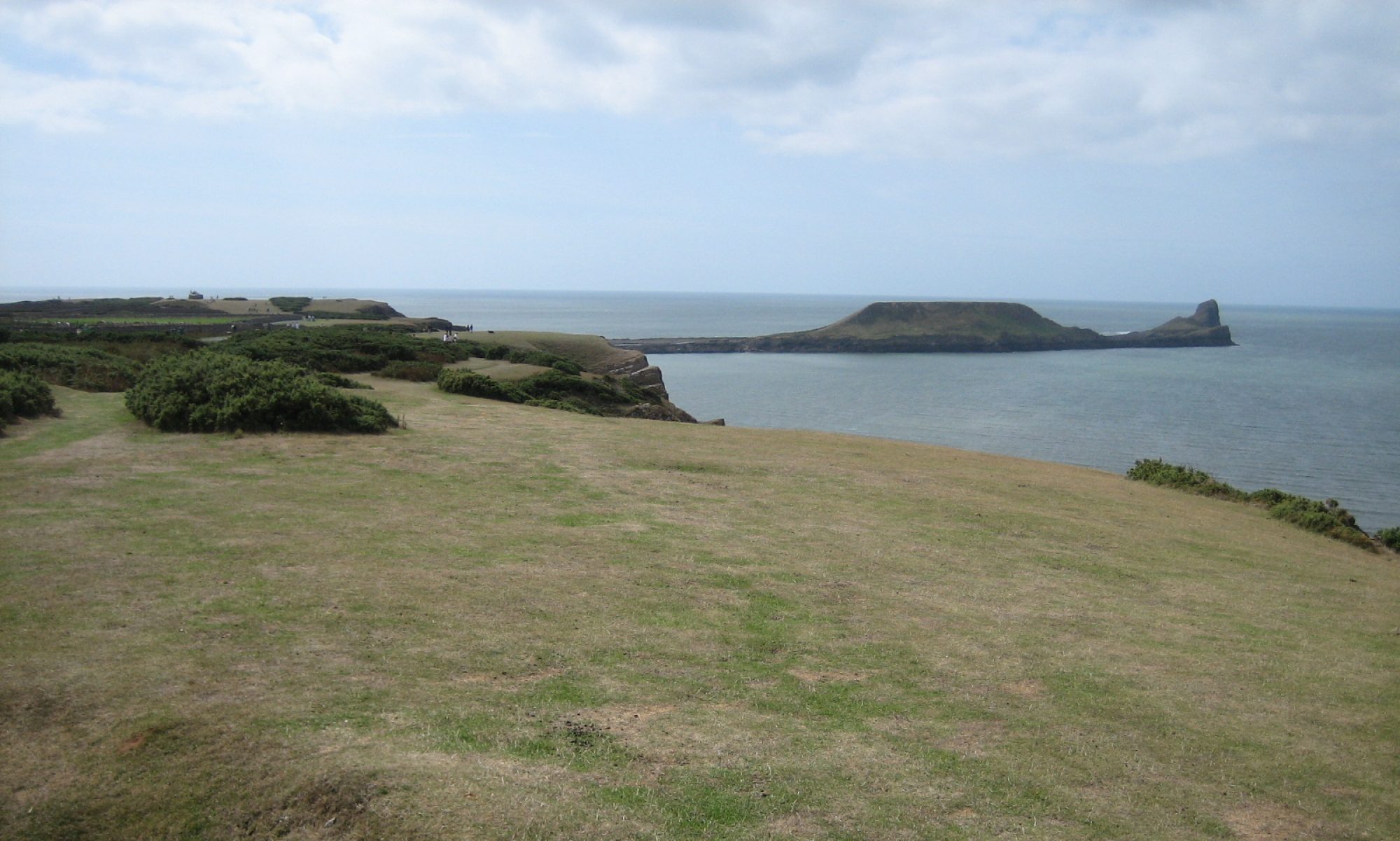Two pieces of advice that I’d pass on are:
1. Knowledge of a subject doesn’t end when the exam finishes: a soup tastes better if the pot is left simmering for a long time after the meat is added!
2. Be open to the opportunities that letting the boundaries between modules fade away can bring. You’ll be suprised when that piece of obscure set theory suddenly becomes relevant.
A lesson I’ve learned is that you’ll never know everything, there will always be new things to learn and others to learn from. I’m still learning, and I hope to continue to do so. And I have probably learned more from my students, than they have ever learned from me.

